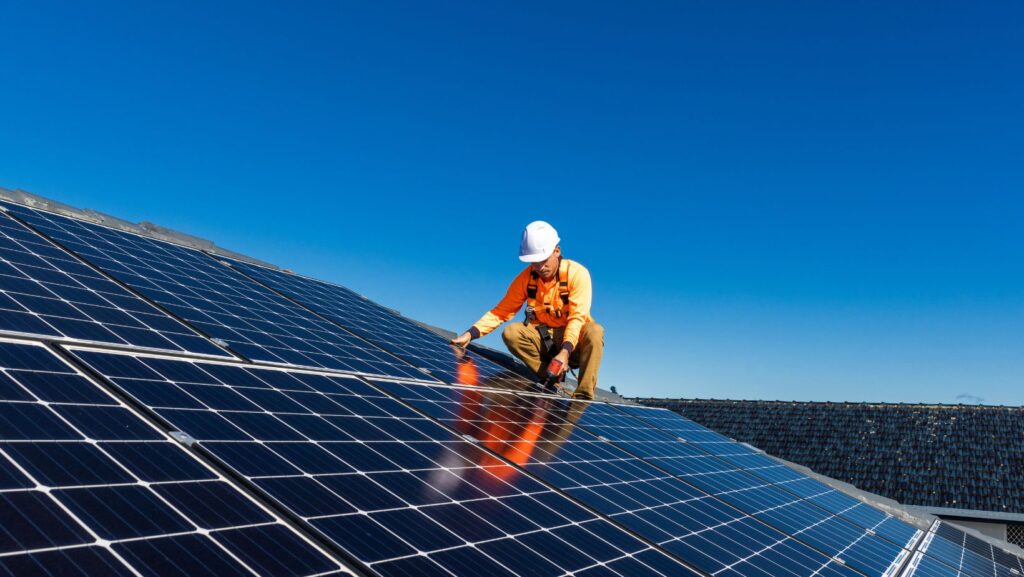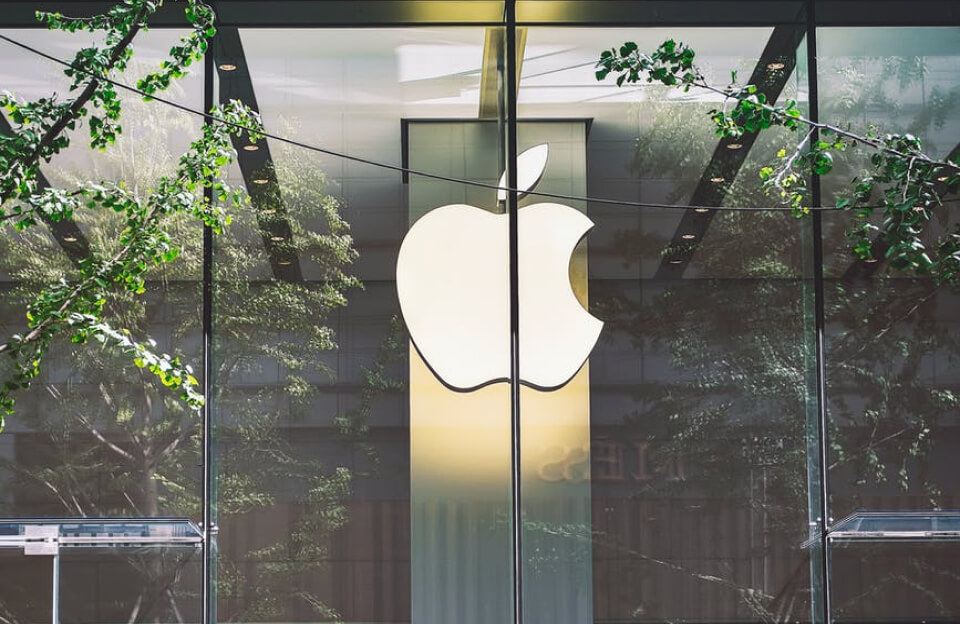If you are considering investing in solar, it’s important to know that the timing of the installation plays an important role in maximising efficiency, getting hold of cost savings, and ensuring the installation process is smooth.
As we all know, in the UK, the weather can be as dramatic as it gets. This is why understanding the best time for solar installation is vital to making the right decision for your solar needs.
Why Timing Matters for Solar Panel Installation
The timing of getting solar installed isn’t just something to brush past- it’s vital!
Choosing what period/season to get your new solar panels installed requires careful planning.
This is due to the installation timing having several impacts, such as installation costs, energy generation, and even how likely you are to receive government incentives.
Choosing the right time of year ensures you get the most out of your solar system, from both a financial and performance standpoint.
The Ideal Time for Solar Panel Installation in the UK
This leads to the question, ‘What’s the ideal time to have solar installed?’. Well, the answer will be addressed in this article as we help you further understand the importance of timing.
The UK’s unique weather patterns make some times of the year more favorable than others for both installation and energy production. The installation specialists at Green Central will help us find out the ideal time for solar panel installation.
Summer: The Peak Season for Solar Panel Installation
Maximum Sunlight Exposure
Summer months provide the longest days and the most sunlight hours, allowing your newly installed panels to generate the maximum amount of energy as soon as they’re in place. This is important as it leads to immediate savings on energy bills.
Ideal Weather Conditions
Summer is typically the driest season, making it easier for installers to complete the job without delays caused by rain or poor weather conditions. Clear skies and warm temperatures allow for efficient solar panel installation.
Immediate Energy Savings
By installing solar panels in summer, you start generating electricity during the peak sunshine months. This can lead to immediate reductions in your energy bills, particularly if your household energy usage is higher in summer due to air conditioning, appliances, or other energy needs.
Prepared for Winter
Installing your solar panels in the summer ensures your system is fully operational and optimised before the cold, darker winter months. This means your home will be ready to offset higher energy demands during the winter, making the most of your solar investment year-round.
However, bear in mind that summer is also the busiest time for solar panel installers, meaning higher demand could lead to longer waiting times. Prices may also be slightly higher due to increased demand.
Spring: A Great Time to Prepare for Peak Solar Energy
Milder Weather Conditions
Spring offers mild weather, which is perfect for outdoor installations. The days are getting longer, but the weather is still cool enough to make working conditions ideal for solar panel installers.
Avoid the Summer Rush
Since summer is the peak season for solar installations, booking your installation in spring can help you avoid long waiting times and ensure your system is ready before the busy summer season. Installers may also offer more flexible schedules and potentially better rates.
Maximise Energy Production
Installing in the spring gives your system time to be up and running before the summer months, allowing you to take full advantage of the sunniest time of the year. This can maximize your energy generation and start cutting down on electricity bills right away.
Autumn: A Strategic Choice for Solar Panel Installation
Off-Peak Pricing
Since most homeowners opt for installations during summer, autumn is a less competitive time. This means you may find more competitive pricing from installers who are looking to fill their autumn schedules.
Ready for Winter
Installing solar panels in autumn ensures that your system is fully up and running before the winter months when energy costs tend to rise.

This makes autumn an ideal time for those looking to reduce their reliance on the grid during colder months.
Mild Weather
Similar to spring, autumn weather tends to be milder, reducing the risk of installation delays. Plus, by booking your installation before the colder weather sets in, you can ensure a quicker, smoother process.
Can Solar Panels Be Installed in Winter?
Winter is not typically seen as the best time for solar panel installation in the UK, but it’s still possible and may offer some benefits:
- Fewer Delays
Since winter is the least popular time for solar installations, you may have more flexibility in scheduling with installers. In fact, you might find that there’s less competition for their time, allowing you to secure a quick installation date.
- Government Incentives
If there are upcoming deadlines for government incentives like the Smart Export Guarantee (SEG), winter might be the perfect time to install your panels and lock in those financial benefits before they expire.
However, shorter days and lower sunlight levels during winter can result in less energy generation right after installation. Additionally, unpredictable weather could cause delays or complications during installation.
Factors to Consider When Choosing the Best Time
Energy Demand:
Consider your household’s energy demand throughout the year. If your energy usage peaks during winter due to heating, you might want to have your solar panels installed by late summer or autumn so you can start saving during the high-demand months.
Installation Costs:
Some solar companies offer discounts or promotions during off-peak seasons like autumn or winter. Keep an eye out for special deals that could make your installation more affordable.

Availability of Installers:
If you’re planning an installation during the busy summer months, make sure to book well in advance to avoid long wait times.
Long-Term Weather Patterns:
While solar panels work year-round, they’re most efficient during sunny, clear days. If you live in a region of the UK with particularly cloudy or rainy winters, you may want to aim for a summer or spring installation to ensure maximum energy generation right away.
Government Incentives and Timing
When deciding the best time of year for solar installation, it’s also important to consider government incentives.
The UK offers various schemes like the Smart Export Guarantee (SEG), which allows homeowners to sell excess energy back to the grid.
Installing your solar panels before any changes to incentive programs ensures you get the most financial benefit.
The Most Time to Install Solar Panels in the UK
The best time to install solar panels in the UK largely depends on your personal circumstances, including your energy needs, budget, and schedule.
For most people, summer is the ideal time to install solar panels due to the abundance of sunlight and immediate energy savings.
However, spring and autumn also offer great opportunities for installation, with the added benefits of milder weather and potentially lower costs.
Winter, while less ideal, still presents the opportunity to capitalize on government incentives and secure flexible installation dates.
FAQs
Do Solar Panels Work Efficiently in Winter?
Yes, solar panels can still generate electricity during the winter, although their efficiency may decrease due to shorter daylight hours and cloudy weather.
How Long Does the Installation Process Take?
Typically, the installation of solar panels takes 1-3 days, depending on the size of the system and the complexity of the installation.
Can I Install Solar Panels During the Rainy Season?
Solar panels can be installed during any season, but heavy rain may cause minor delays in the installation process.



